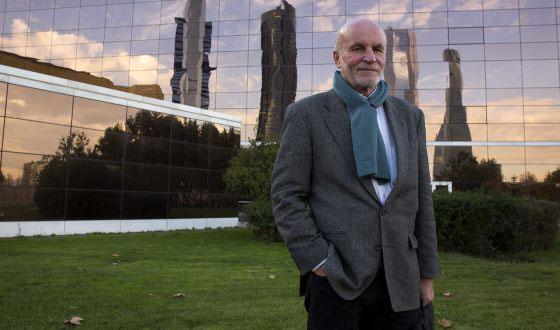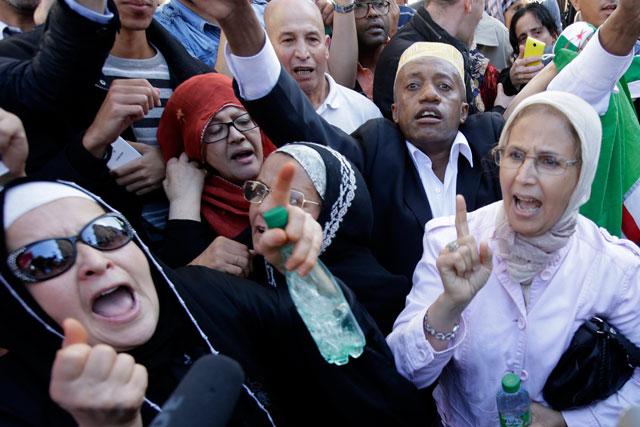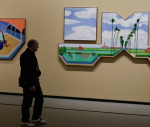You are here
Politics, not theology, at root of Islamism, says French scholar
By Saeb Rawashdeh - Feb 23,2017 - Last updated at Feb 23,2017

Francois Burgat
AMMAN — “Never in our recent history [has] the gap between the politically correct discourse about political Islam in France and in the Arab world been so profound,” said Francois Burgat.
A French political scientist, Arabist and senior researcher at the French Institute for Scientific Research, Burgat was opening his lecture on “Understanding Political Islam” at the Institute Français in Jabal Luweibdeh recently, in front of a large audience of scholars, students and the general public.
Burgat, who was presenting his latest book, Comprendre l’islam politique (Understanding Political Islam), has spent more than 20 years in the Arab world, first as a researcher then as director of the Centre français d’archéologie et de sciences sociales in Yemen (1997-2003) and the Institut français du Proche-Orient (2008-2013).
The election of Donald Trump as US president and the rise of anti-immigration parties in Europe featured prominently in his talk, which presented his approach to the Islamist phenomenon and his input in the public debate, especially his efforts to counter the rise of Islamophobia in Europe.
According to Burgat, political Islam as an ideological concept has to be rationally explained, rather than looked at through the lenses of secularist, Western values and the mainstream media.
Although Trump is supported by neo-fascist elements in the American alt-right, he is not as worrisome as some French leftist and secularist politicians who openly express fear and animosity towards Muslims, he explained.
The expert, whose political and research trajectory started with his study of the “History of the Other”, believes that universality should draw from dialogue between different cultures and religions, rather than promoting so-called secularist, Eurocentric points of view.
Burgat called for “a deconstruction of over-simplifying approaches” and a constructive dialogue.
Moreover, the debate about Political Islam in Europe, and to a lesser extent in the Muslim world, has been very polarised, he noted, adding that “we should look” for the root of the problem and not its manifestations.
For Burgat, the more the political dimension of “terrorist violence” is ignored, the more likely people are to focus on ideological considerations that fail to properly explain the phenomenon.
Western political systems should try to include their Muslim citizens instead of excluding them, which consequently leads to alienation. If these mechanisms of inclusion fail, there is a risk that some Muslims will reject these systems.
“The best way to fight jihadists is to stop producing them,” the scholar emphasised.
Regarding political Islam, the scholar underlined the vast range of political positions and groups within Islamic political thought — from sufism to takfirism.
This diversity of thought requires a European and Western approach towards political Islam which does not treat all expressions of political Islam as being somehow unified, the scholar argued.
Western societies should not look at Muslim identity as some kind of abomination, neither should they “folklorise” their culture, relying on promoting what is perceived as Islamic, which is a normal reaction to an over and imposed presence of Western values during the imperial or colonial periods, Burgat highlighted.
Regarding the attitude of Muslims towards democracy, he explained that there is a wide range of positions, from condemnation of democracy as apostasy or forbidden, to claims that Islam and the first Muslim societies embraced democracy much earlier than the West.
Therefore, Burgat urged a deeper examination of political motivations, rather than theological ones, to make sense of the plurality of Islamist movements across the Arab world.
Related Articles
AMMAN – The future of political Islam in the region in light of the unrest facing several Arab countries was the focus of a conference organ
AMMAN — Structural and institutional crises, wars, insurgencies and territorial losses, as well as restructuring and reform, characterised t
In tweets, in street gatherings and in open letters, moderate Muslims around the world are insisting that Islamic State extremists don't speak for their religion. Many are also frustrated that anyone might think they do, and a backlash has already begun.
















